When I have spoken thus, we are no longer the same, for there are no more lies
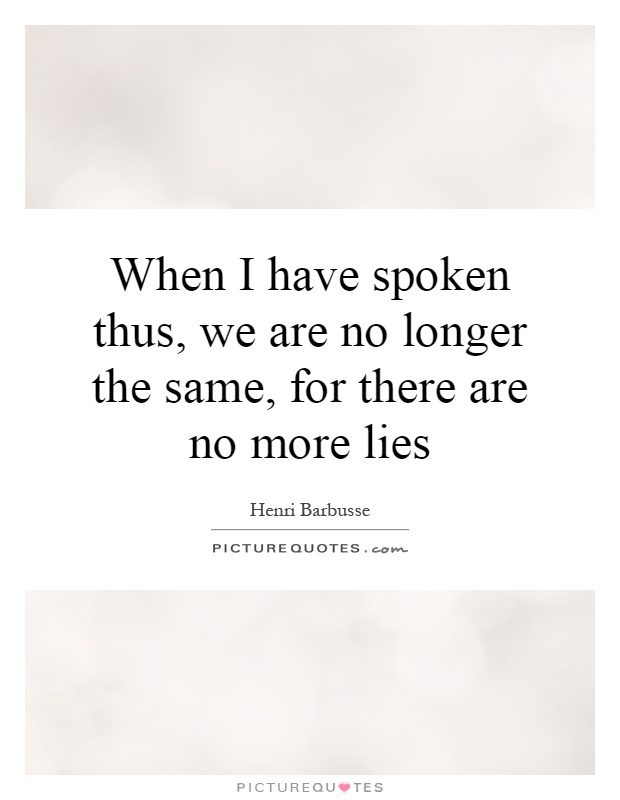
When I have spoken thus, we are no longer the same, for there are no more lies
Henri Barbusse, a French writer and journalist, is known for his powerful and thought-provoking works that often delve into the complexities of human nature and society. One of his most famous novels, "Under Fire" (also known as "Le Feu"), is a poignant portrayal of the horrors of war and the impact it has on individuals.The quote "When I have spoken thus, we are no longer the same, for there are no more lies" encapsulates the essence of Barbusse's writing. In his works, he often confronts uncomfortable truths and exposes the harsh realities of life, stripping away the facades and revealing the raw, unvarnished truth. Through his writing, Barbusse challenges his readers to confront their own beliefs and prejudices, forcing them to confront the uncomfortable truths that lie beneath the surface.
Barbusse's writing is characterized by its honesty and authenticity. He does not shy away from difficult topics or sugarcoat the harsh realities of life. Instead, he presents them in all their starkness, forcing his readers to confront the uncomfortable truths that lie beneath the surface. In doing so, he breaks down the barriers of deception and falsehood, creating a space where honesty and truth can prevail.
"When I have spoken thus, we are no longer the same, for there are no more lies" speaks to the transformative power of truth. By confronting the truth and speaking it aloud, we are forced to confront our own biases and preconceptions, challenging us to reevaluate our beliefs and assumptions. In this way, Barbusse's writing serves as a catalyst for change, inspiring readers to question the status quo and strive for a more just and equitable society.
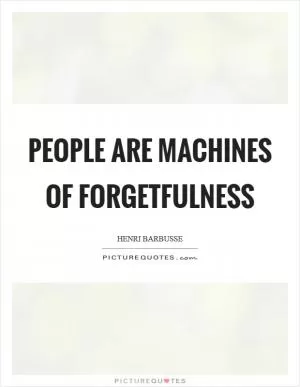


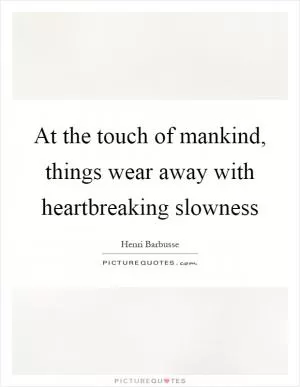




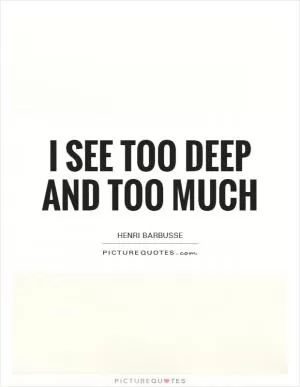


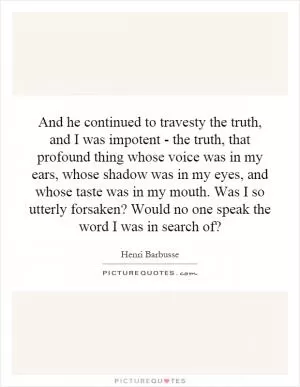
 Friendship Quotes
Friendship Quotes Love Quotes
Love Quotes Life Quotes
Life Quotes Funny Quotes
Funny Quotes Motivational Quotes
Motivational Quotes Inspirational Quotes
Inspirational Quotes